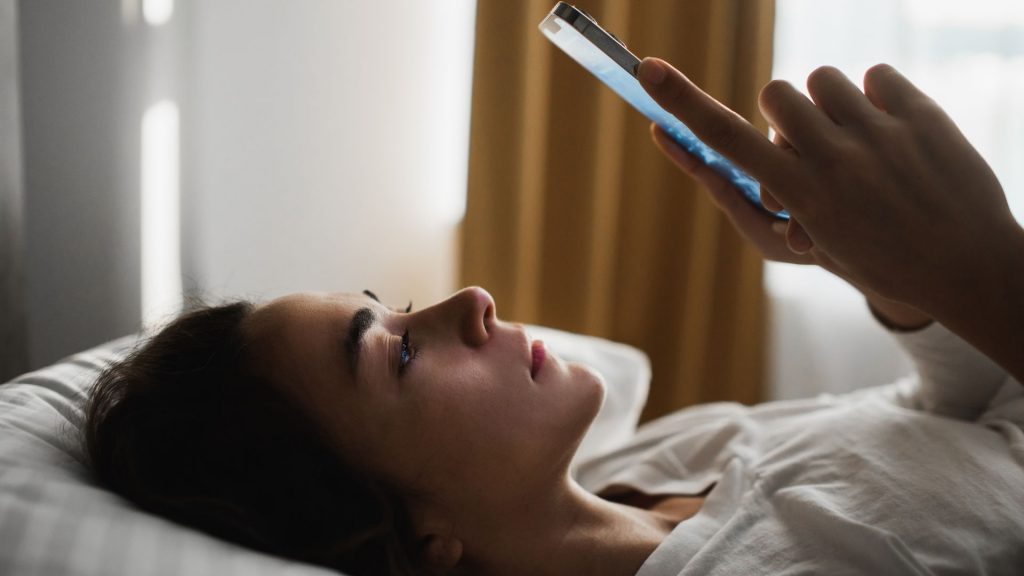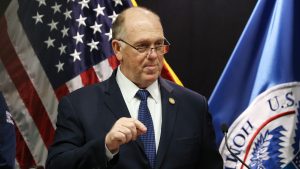TikTok’s top mental health videos are riddled with misinformation

More than half of TikTok’s trending advice videos contain false or harmful mental health claims, experts warn. A new investigation has found that the social media platform’s most popular mental health advice videos may be doing more harm than good.
Over half of the top posts under the hashtag #mentalhealthtips were flagged for containing misinformation.
Experts raise red flags on viral therapy hacks
An analysis by The Guardian revealed that 52 of the 100 most-viewed TikTok videos featuring mental health advice included unhelpful or potentially dangerous claims about managing trauma, anxiety and depression.
A panel of psychologists, psychiatrists and academic professionals reviewed the videos. The dubious advice includes eating an orange in the shower to reduce anxiety and consuming holy basil to heal trauma in an hour.
Dr. Dan Poulter, a former UK health minister and practicing NHS psychiatrist, criticized many of the videos for blurring the line between normal emotions and clinical diagnoses. He told The Guardian, “Some of the videos pathologize everyday experiences and emotions, suggesting that they equate to a diagnosis of serious mental illness.”
Amber Johnston, a psychologist accredited by the British Psychological Society, said the trauma-related clips were especially concerning for their oversimplification.
“Each video is guilty of suggesting that everyone has the same experience of PTSD with similar symptoms that can easily be explained in a 30-second reel,” Johnston said.
Social media’s growing role in teen mental health
TikTok’s influence is especially strong among teenagers. According to a recent Pew Research study, 34% of teens say they sometimes use social media to seek mental health information. Nearly one in ten say they do this regularly.
However, TikTok has faced growing scrutiny over its role in spreading misleading content. In October 2024, law firm Motley Rice reported that more than a dozen state attorneys general filed lawsuits against the app. The lawsuits allege TikTok and other social platforms are intentionally designed to be addictive for children.
TikTok responds with new features and funding
In response to mounting criticism, TikTok has introduced new features intended to support users’ mental health.
In May, the platform launched a guided meditation prompt specifically designed for teenagers. The feature activates during typical sleeping hours and encourages mindfulness before bed. TikTok also announced a $2.3 million donation in ad credits to 31 mental health organizations across 22 countries, including Crisis Text Line, Active Minds and the Alliance for Eating Disorders.
In a statement to The Guardian, a TikTok spokesperson defended the platform:
“TikTok is a place where millions of people express themselves, come to share their authentic mental health journeys, and find a supportive community… We proactively work with health experts at the World Health Organization and NHS to promote reliable information on our platform and remove 98% of harmful misinformation before it’s reported to us.”
However, experts warn that even with these efforts, unvetted influencers can still reach large audiences with questionable content, especially when the advice is quick, catchy, and easy to believe.





